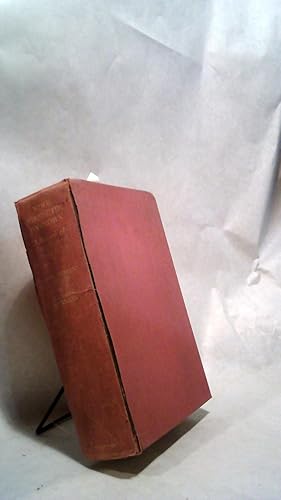

Old Leslie at the Smiddy is prone to reminisce, “I mind when I was a loon in Garvock.” Ag Moultrie, prone to outbursts of weeping is known as the Roarer and Greeter, the mayor’s resemblance to a monkey has him dubbed Hairy Hogg. Segget is replete with characters and nicknames. Also well captured is its hypocrisy, “You’d seen it all in the People’s Journal, what the coarse tinks did in Russia with women – man they fair had a time with the women, would you say ‘twould be easy to get a job there?”

The narrative voice is not straightforward, shifting, but not obtrusively, back and forth from a tight focus on Chris – or on occasion someone else – to an unnamed kirkgoer of a conservative bent (small and large C.) Gibbon captures the smugness of that holier than thou voice perfectly, “The English aye needed the Scots at their head, right holy and smart at the same time,” is one of the milder observations. The story unfolds over the 1920s, covering almost incidentally the growth of socialism – and its first betrayal – the (lack of) industrial relations, the grinding poverty, the insensitivity of the rich. On their first walk in Segget Robert, gassed in the Great War, is horrified by Segget’s War Memorial, an angel set on a block of stone, “like a constipated calf.” Robert’s self-imposed mission there is to improve Segget. Segget is a divided community, not to mention class ridden and status conscious, with the folks in the old part of town despising the spinners who work in the jute mills. Cloud Howe takes up the story of Chris Guthrie from Sunset Song at the point where her new husband, Minister Robert Colquohoun (strange spelling that, Colquhoun is more usual,) is about to try for the vacant post in the parish of Segget, still in the Mearns and not far away from the Kinraddie of the earlier book.


 0 kommentar(er)
0 kommentar(er)
